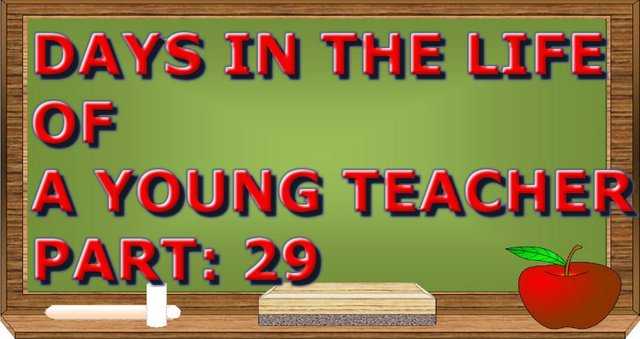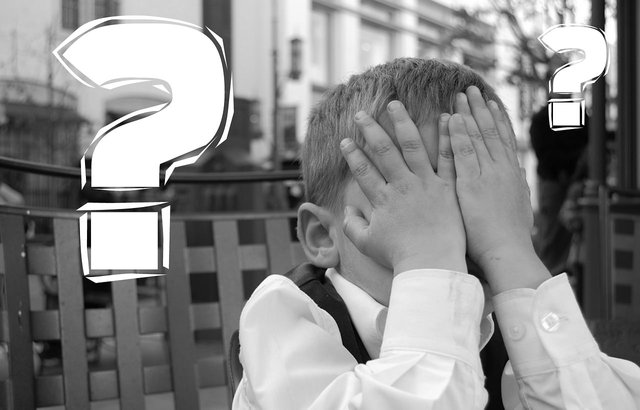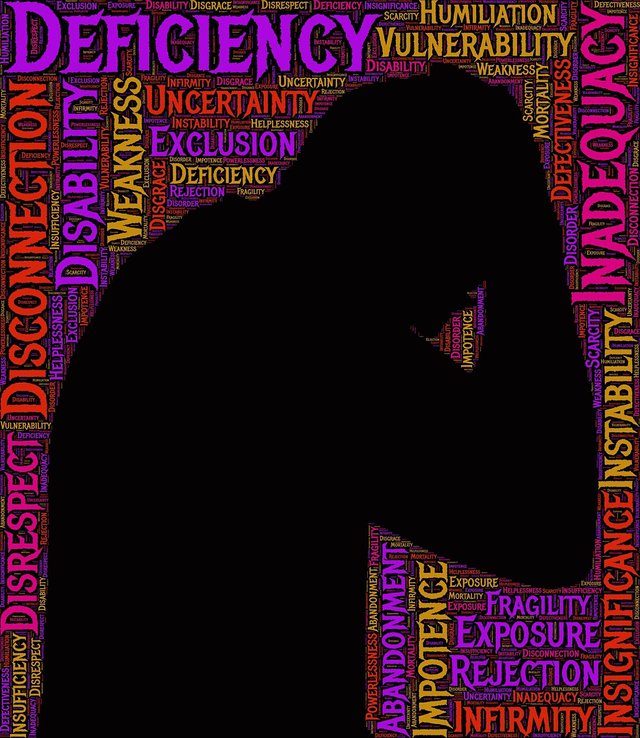Can you catch more flies with honey than with vinegar?


Sometimes it's better to use honey to catch flies than vinegar. I found myself in a situation in my class today that could have ended terribly for a learner and my relationship with this learner.
 source
source
As teachers we are aware of learners with learning barriers. These barriers vary learner to learner and their causes the same. At times the environment is the barrier; in other times the teachers themselves are the barriers. These can be addressed by the school and teachers themselves. But some are psychological barriers that are beyond our control.
 source
source

I have an eighteen year old boy in my class who struggles with every subject he has, even his own home language. Now this in itself isn't hard to believe as there are children with extremely slow capabilities of comprehension but excel in physical activities. This is not one of them.
I'll refer to the learner as "Paul". Paul is a special child with a mental disability in my opinion. Before I receive blowback about diagnosing a learner, here is the reason why I think this is the case. Paul's intelligence is that of a preschool child. He is unable to control his emotions and strength. He fails to realise that he is much older and significantly larger than his classmate. This is evident in his interactions with them. He can't write nor read a single word and has been referred to a special school by my school numerous times over the years. Maybe most of teachers here have such learners in their school and I'm just exaggerating. This is only my third year in teaching so it's possible.
 source
source
But I digress. An altercation occurred today during lunch time between Paul and a group of other boys. They were making fun of him and he really took it to heart. In his mind they were attacking him and he had to defend himself. He ended up physically assaulting one of his classmates whom he says was a part of the group who was insulting him.
Instead of scolding Paul with harsh word and strongly reprimanding him, I took a different approach. I've come to realise that such forceful tactics don’t work well with him so I took a gentler route.
 source
source
I calmly asked him what happened. He was still worked up so he was screaming and furiously pointing. I told him in a soft voice that he was making too much noise and I couldn’t understand what he was saying. After seeing how calm I was addressing him, he eventually calmed down and started expressing himself clearly. After he said all he had to say I showed him error of his actions as he saw the error of the group's actions. He understood what he did wrong and took responsibility for it. I asked him to go apologise to his classmate because he hurt him and he did that without hesitation. This was a victory for me.
 source
source
Teachers who treat Paul harshly because of his mistakes are making a mistake. There's one particular teacher who flogged him so severely that even to this day the learner wants nothing to do with him because he felt attacked by someone who was supposed to protect him. Knowing this fact in the back of my mind I decided against acting in a similar manner. I did not want him to feel attacked again or feel any other negative emotions.  source
source
I avoided a situation that would have not ended well for Paul and for me. If you as a teacher have such learners in your classes, try being a gentle stream rather than a raging river when dealing with them.



If you would like to support the educational community by delegating to @steemiteducation, please click on any of the following links. This will ensure that more teachers are supported on a daily basis.
100SP 200SP 300SP 400SP 500SP 750SP 1000SP 2000SP 3000SP 4000SP 5000SP 10,000SP 25,000SP